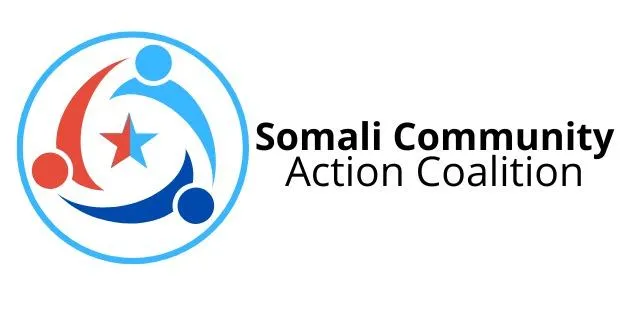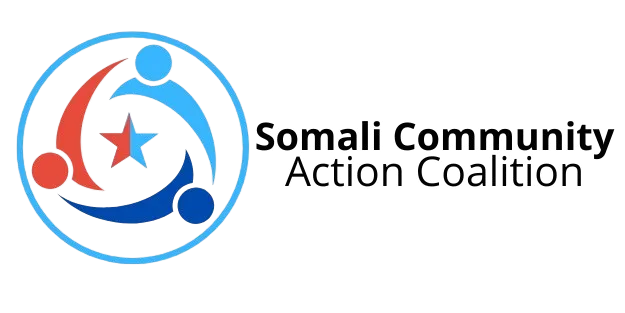
PROGRAMS & SERVICES
Workforce development is crucial for low-income families in the Twin Cities because it provides them with the skills and opportunities needed to secure stable, well-paying jobs. By offering training programs, education, and career support, workforce development helps individuals increase their earning potential and achieve economic stability.
Workforce development is crucial for low-income families in the Twin Cities because it provides them with the skills and opportunities needed to secure stable, well-paying jobs. By offering training programs, education, and career support, workforce development helps individuals increase their earning potential and achieve economic stability. This not only benefits the individuals and their families but also strengthens the overall community by reducing poverty and increasing economic activity. Programs tailored to the needs of low-income families can address specific barriers they face, such as lack of access to education and training, helping them to build a better future.
For the Somali Community Action Coalition, workforce development is especially important as it can help bridge the gap for Somali immigrants and refugees who may face additional challenges such as language barriers and cultural differences. By focusing on workforce development, the Coalition can provide the Somali community with the necessary tools and support to integrate into the local economy, gain meaningful employment, and contribute positively to society. This empowerment is vital for fostering a sense of belonging and ensuring that Somali families can thrive in their new home.
Housing:
Housing is a big challenge in Minnesota, especially for minority and low-income families. Many families spend more than 30% of their income on rent, which means they have to choose between paying for housing and other essentials like food and healthcare. This problem is worse for minority communities, with 57% of Black renters and 45% of white renters facing high housing costs. Also, only 31% of Black households own their homes compared to 78% of white households. The Somali Community Action Coalition is working to solve these housing issues. They are increasing the availability of affordable housing, providing help with down payments, and offering financial literacy programs to help families buy homes.
The Somali Community Action Coalition is stepping up to tackle these housing issues head-on. They plan to increase the availability of affordable housing, connect to provide down payment assistance, and offer financial literacy programs to help families achieve homeownership. By advocating for stronger tenant protections and more funding for emergency rental assistance, the coalition aims to prevent evictions and homelessness. Additionally, their consulting and capacity-building efforts will empower local communities and organizations to develop sustainable housing solutions and push for policy changes that promote housing equity.
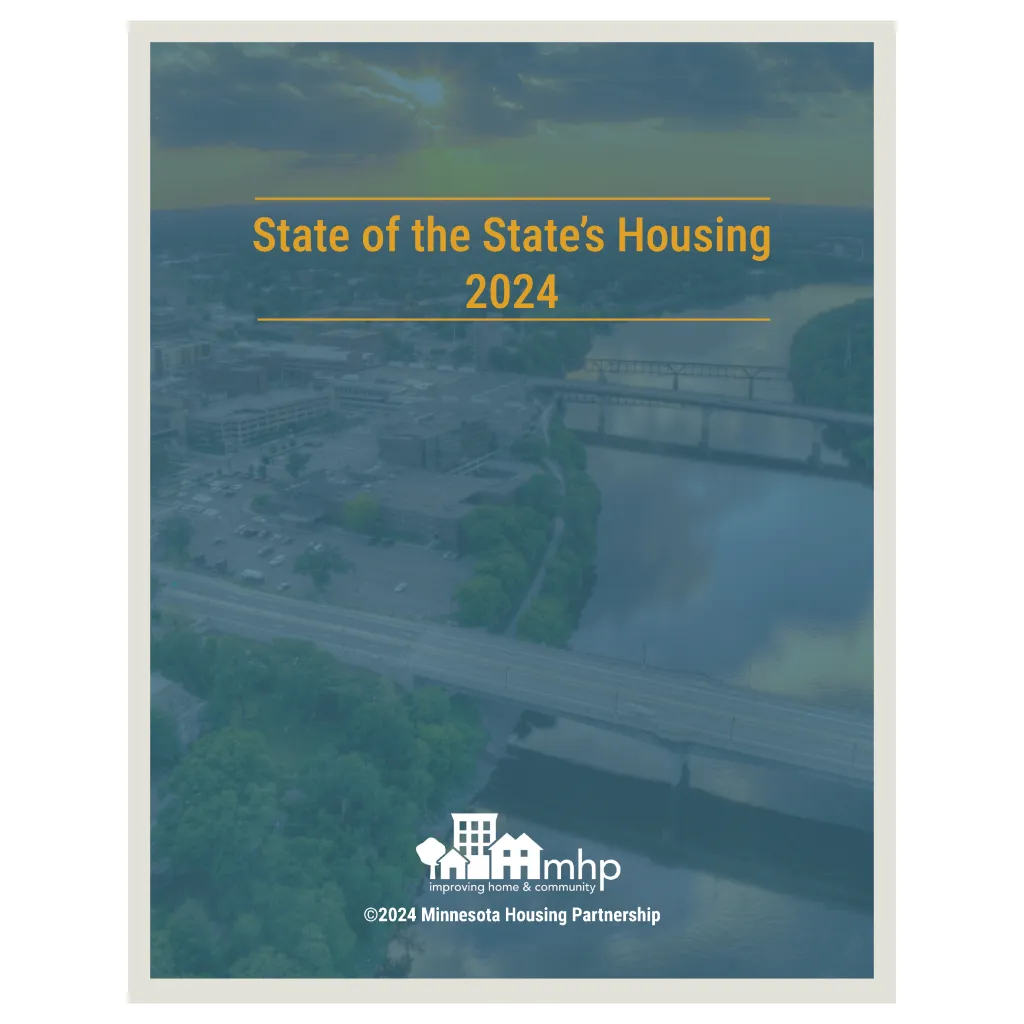

Climate Change
Climate change poses a serious threat to Minnesota, with increasing extreme weather events like floods, heatwaves, and severe storms. These events disproportionately impact low-income and minority communities, who often live in areas with less resilient infrastructure and fewer resources to recover from disasters. Climate change also worsens existing health and economic disparities, making it essential to address these challenges with targeted solutions
The Somali Community Action Coalition is committed to promoting sustainable practices and enhancing community resilience against climate change. Their initiatives include improving energy efficiency in housing, supporting urban greening projects, and advocating for policies that reduce greenhouse gas emissions. They also plan to run community education programs to raise awareness about climate change and its impacts, empowering residents to take action and advocate for environmental justice. Through consulting and capacity-building efforts, the coalition will help local organizations develop and implement climate adaptation and mitigation strategies. By fostering collaboration and providing technical assistance, the coalition aims to build a more sustainable and equitable future for all Minnesotans.
Opioid Crisis
The opioid crisis is a growing problem in Minnesota, severely affecting minority and low-income families. The rise in opioid-related overdoses and deaths, especially in urban areas like the Twin Cities, strains public health resources and deepens social inequalities. Many affected individuals struggle to access adequate healthcare and addiction treatment services, and the stigma surrounding addiction often prevents them from seeking help
To combat this crisis, the Somali Community Action Coalition plans to implement community-based prevention and treatment programs. These will include culturally sensitive education campaigns to raise awareness about the dangers of opioid misuse and the availability of treatment options. The coalition aims to expand access to mental health and addiction services, including support groups and rehabilitation programs tailored to minority communities. Through consulting and capacity-building initiatives, they will strengthen local health organizations' ability to provide effective addiction treatment and prevention services. By creating a supportive environment and providing necessary resources, the coalition hopes to reduce the impact of the opioid crisis on vulnerable populations.
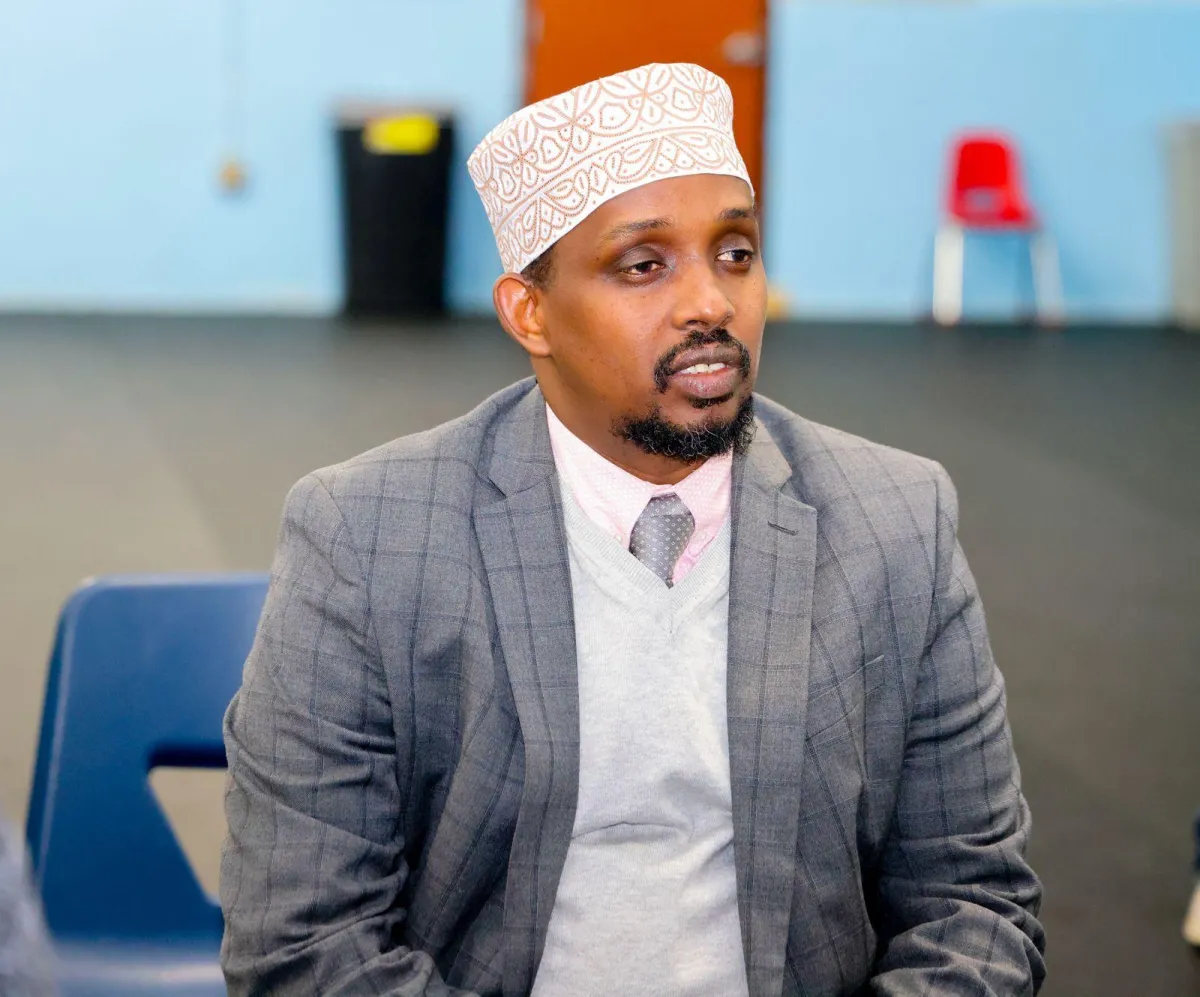

Mental Health
Mental health is a pressing issue in Minnesota, especially for minority and low-income families who often face barriers to accessing care. The stigma surrounding mental health issues, along with a shortage of culturally competent providers, leaves many individuals without the support they need. This lack of access to mental health services can lead to severe consequences, including higher rates of substance abuse, homelessness, and involvement with the criminal justice system
To address these challenges, the Somali Community Action Coalition is expanding mental health services in the community. They are establishing culturally specific counseling and support programs, training mental health professionals to better address the needs of minority populations, and working to reduce the stigma around seeking help. The coalition will collaborate with local schools and community organizations to provide early intervention and prevention programs for children and adolescents. Through consulting and capacity-building initiatives, they aim to enhance local mental health organizations' capabilities to deliver effective services and support. By improving access to mental health care and fostering a supportive environment, the coalition aims to boost the overall well-being of minority and low-income families in Minnesota.
Workforce Development
Workforce development is key to economic stability and growth, especially for minority and low-income families in Minnesota. These communities often face higher unemployment rates and limited access to quality job opportunities. Disparities in education and training can hinder career advancement, perpetuating cycles of poverty and economic inequality.
The Somali Community Action Coalition plans to bridge these gaps with targeted workforce development programs. These initiatives will include job training and certification programs tailored to high-demand industries, career counseling and placement services, and partnerships with local businesses to create employment opportunities. The coalition will also focus on promoting entrepreneurship and small business development within minority communities, providing resources and support to help individuals start and grow their own businesses. Through consulting and capacity-building efforts, they will work with local organizations and employers to create inclusive and equitable workforce development strategies. By investing in workforce development, the coalition seeks to empower individuals with the skills and opportunities needed to achieve economic self-sufficiency and contribute to the broader community.
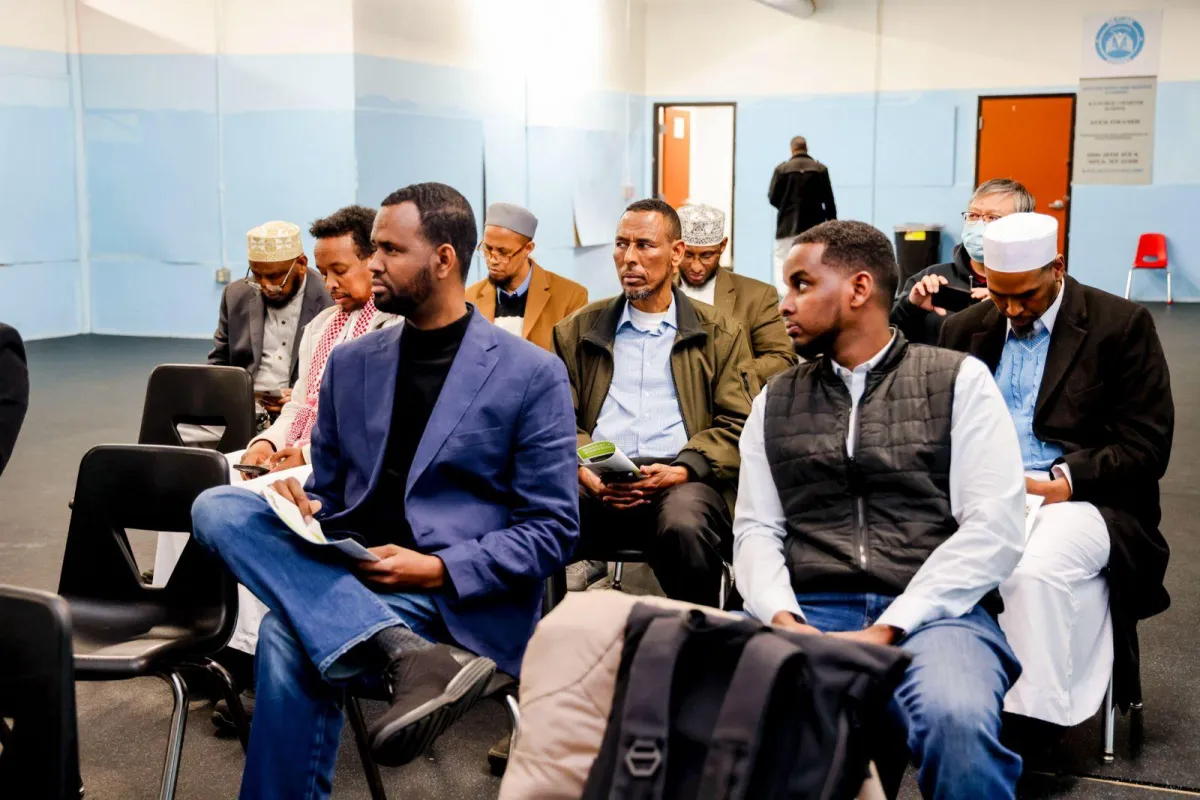
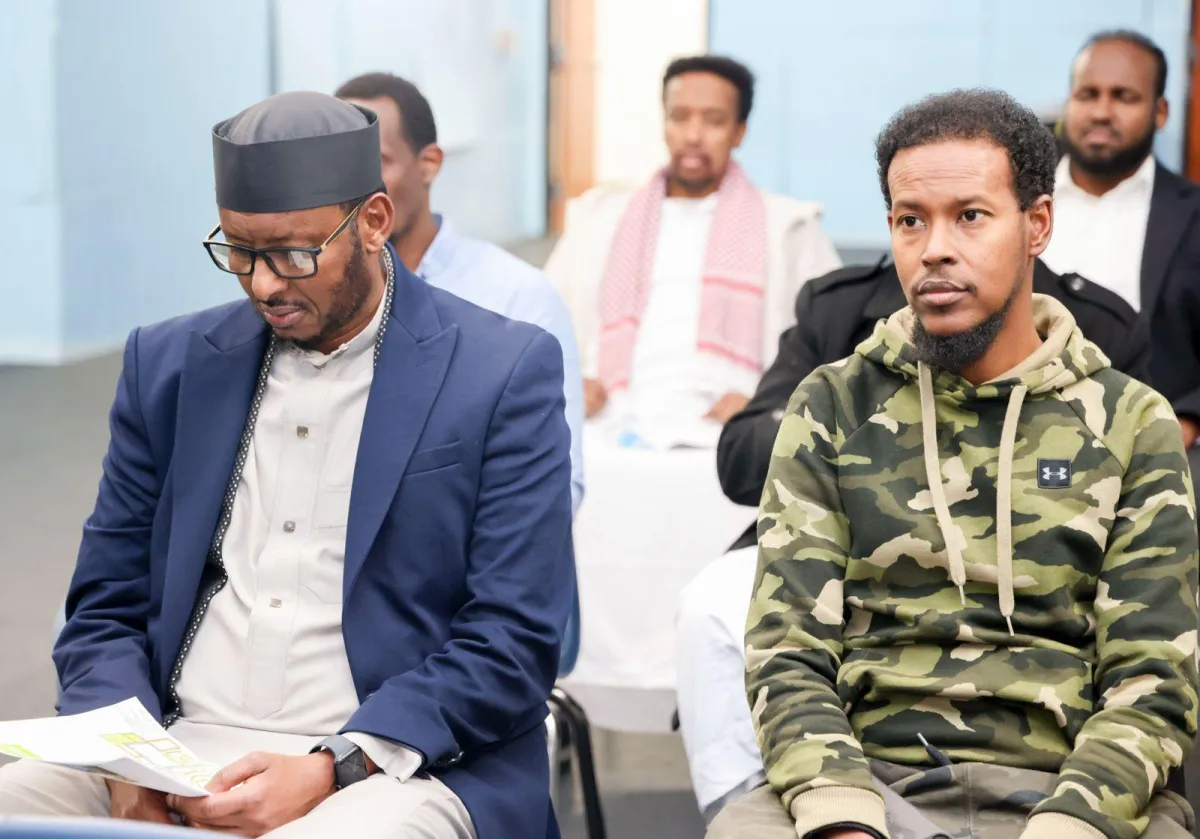
Education
Minnesota faces significant challenges in providing equitable education, especially for minority and low-income families. The state has one of the nation's largest education achievement gaps, with Black and Latino students often lagging behind their white peers. Factors such as income disparities, access to early childhood education, and resource allocation contribute to these gaps. For instance, Native American and Latino children have the lowest proficiency rates in school readiness measures due to limited access to high-quality early education, which is often too expensive for low-income families. These disparities continue throughout the K-12 years, affecting high school graduation rates and overall academic performance
The Somali Community Action Coalition is committed to addressing these educational inequities through a comprehensive approach. They plan to provide tutoring and mentorship programs, increase access to early childhood education, and advocate for equitable funding for schools serving minority and low-income students. By offering consulting and capacity-building services, the coalition aims to strengthen local educational institutions and ensure they can provide high-quality education to all students. Additionally, the coalition will work to reduce the digital divide by ensuring that students have access to necessary technology and internet services. Through these efforts, the coalition seeks to create a more equitable education system that supports the success of all students in Minnesota
Criminal Justice
Minnesota faces significant challenges in its criminal justice system, especially for minority and low-income families. The state has one of the highest racial disparities in incarceration rates, with Black Minnesotans imprisoned at over nine times the rate of their white counterparts. This disparity is fueled by various factors, including systemic biases in policing, prosecutorial decisions, and sentencing laws that disproportionately affect people of color. Additionally, low-income individuals often face greater hardships in the criminal justice system due to financial barriers such as cash bail requirements, which can lead to prolonged pretrial detention and pressure to accept unfavorable plea deals
The Somali Community Action Coalition aims to address these issues through a multifaceted approach. They plan to advocate for reforms that reduce racial disparities in arrests and sentencing, such as eliminating cash bail for non-violent offenses and decriminalizing minor infractions. The coalition will also focus on providing legal support and education to help individuals navigate the criminal justice system. Additionally, through consulting and capacity-building initiatives, the coalition will work with local organizations to develop community-based alternatives to incarceration, such as restorative justice programs and diversion initiatives. By addressing the root causes of inequality and providing support to those affected, the coalition seeks to create a fairer and more just criminal justice system in Minnesota
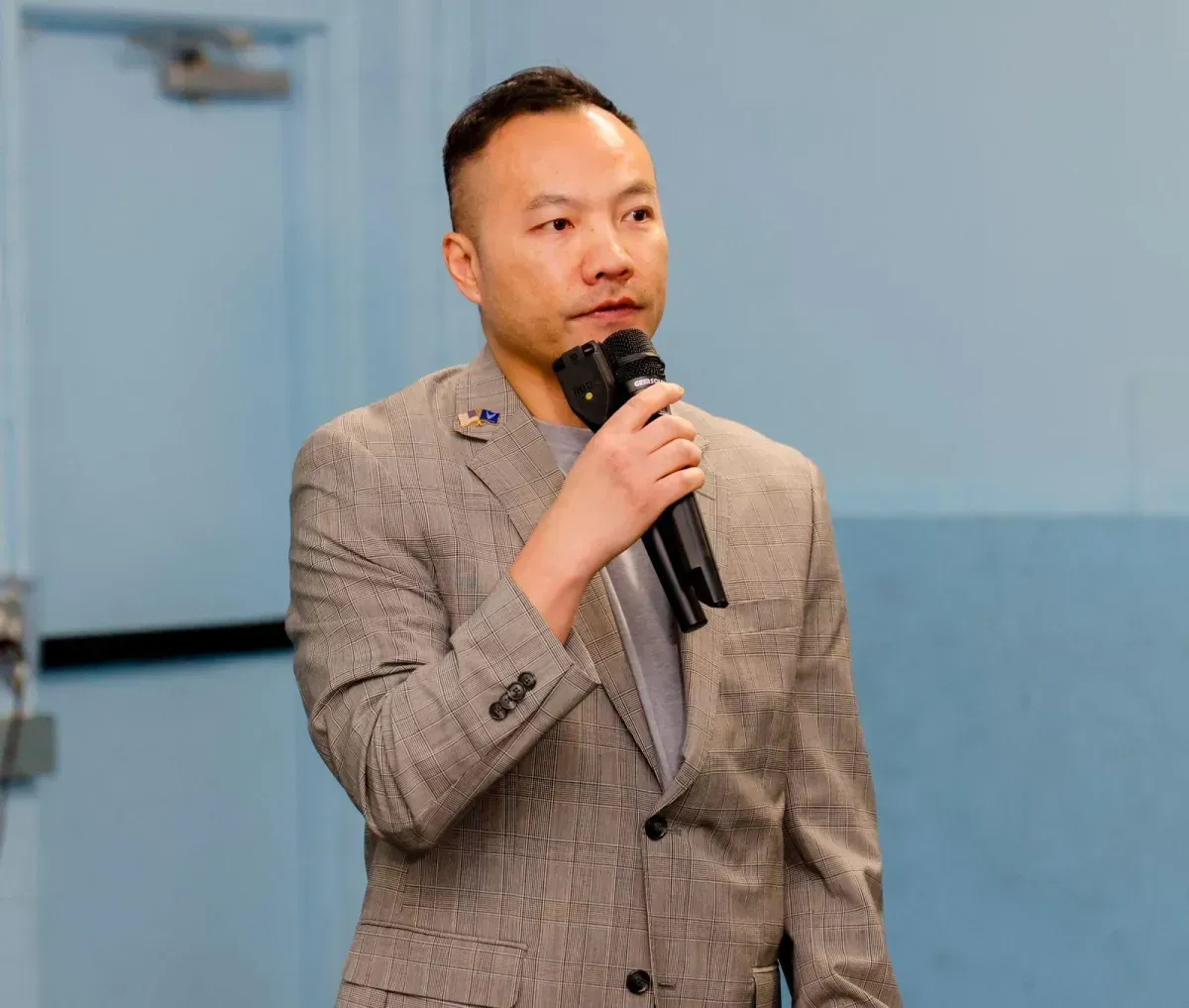
Donate Now to Empower
Through Workforce Development
Your donation helps fund essential workforce development programs, including job training, education, and career support. By contributing, you play a crucial role in empowering individuals to overcome barriers, achieve economic stability, and build a better future for themselves and their families.
Our Approach to Empowering Communities
We provide job training, education, and career support to low-income families and the Somali
immigrant community, addressing barriers to economic stability and fostering long-term
success through targeted workforce development initiatives.
READY TO GET
INVOLVED?
There are numerous ways for local food shelves, faith-based organizations, schools, restaurants, retailers and other community resources to join us in ending low income families together.
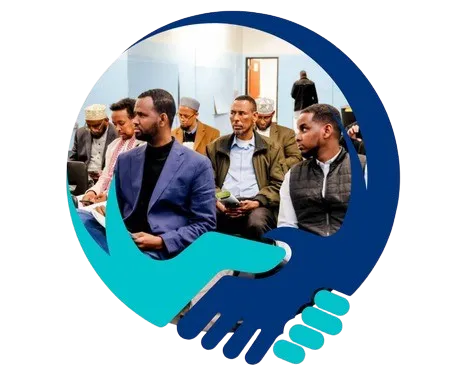
Join Us in Empowering Communities Through Workforce Development
Connect with us and keep up to date on how your support
is helping end Economic low-income families in our community. Stay in-the-know
about upcoming events, ways to help our Economic low-income families
and more.
Executive Team
Board of Directors
Strategic Plan
Financials & Reports
State Nonprofit Disclosures
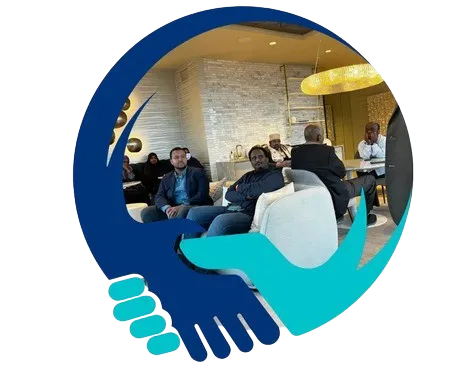
Picture Yourself with a Career at
Somali Community Action Coalition
Somali Community Action Coalition, (SCAC) is a 501 (c)3 organization located in Bloomington, MN. At the heart of our organization is a deep-seated commitment to fostering a vibrant and self-sustaining Somali community.
